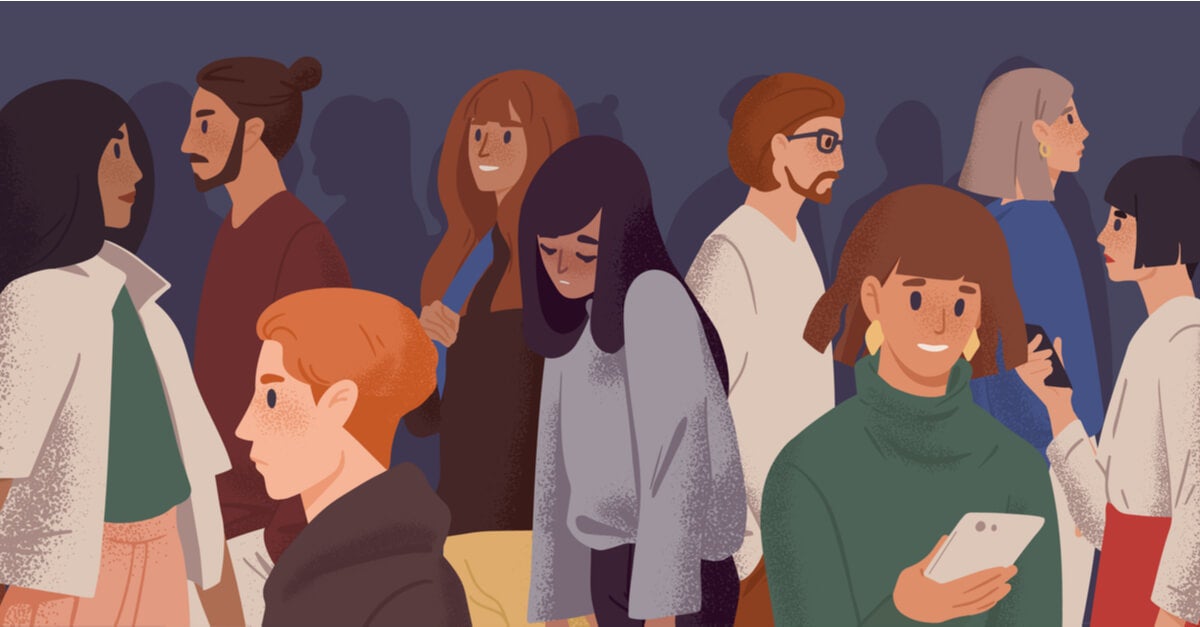Today we’re going to talk about the sensitive emotional buttons that most people share, which are triggers that affect many aspects of our lives.
They can affect our relationships with others, in what can produce more friction, on top of them, we get more defensive and, in some cases, we can even burst with anger.
- These emotional buttons are more problematic for some people than for others.
- Knowing and handling them is a guarantee of control of situations in which one feels rejected.
- Whether in a real or imaginary way.
People who see criticism of you everywhere and overreact to other people’s opinions have particularly sensitive emotional buttons, which in psychology is known as sensitivity to rejection.
They are people who have the constant expectation of not being liked or rejected by others.
A study by The University of Long Island concluded that these people are convinced that the most likely outcome of their interpersonal exchanges will be rejection.
That’s why they’re always ready to detect signals that indicate rejection of others, which can happen at any time.
Deliberately or unintentionally pressing these people’s emotional buttons generates, almost immediately, inappropriate and desperate responses.
This leads them to develop behaviors of escapism, retaliation against perceived aggression, or deliberate attitudes of emotional distance.
Over time, if these emotional grains are not regulated, people tend to completely avoid relationships with others, even when they feel the need to do so.
This unsolvable tension creates a vicious circle. Everything they fear will happen ends up happening exactly by the means or conditions they create to lead to this result.
This avoidance of relationships ends up happening in both ways: the person is afraid to interact with others because of his irrational fear of rejection; however, others also end up not having a relationship with her for her exaggerated responses.
If we can change part of the situation, we can break this dynamic of fear of mutual rejection and avoidance. This is what Kevin Meehan’s research team tried to analyze in their study: how to change the dynamics to break this cycle.
The volunteers were 228 students who received a mobile phone application, the goal was to use it to evaluate the emotions felt throughout the day, as well as to indicate other things that happened around them.
With this method, the team established a baseline and selected one of the students to continue the study. The volunteer scored high on rejection sensitivity and researchers evaluated their data.
The high sensitivity presented by the subject of study led him to develop a negative bias towards the dominant people who interacted with him and made him behave hostilely.
The fact that he perceives himself in this way has led the person to make certain arrangements to assess the overreaction to the activation of his emotional buttons.
At first glance, it seems that it is much easier to adopt a less assertive and warm stance with people close to them than with strangers.
This study provides an interesting new track of the behaviors and emotions of people with a high level of emotional button activation, some studies can continue to provide us with very relevant and useful information for their application in therapy.
In this sense, perhaps the most important part of this research has been confirmation that, in many cases, it is our own emotional buttons that are at the root of the situations we fear most.

